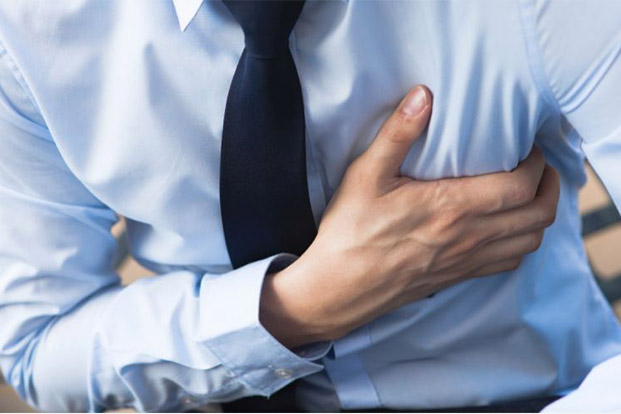Life After a Heart Attack
Apr 19, 2022
A heart attack implies either having an (1) acute myocardial infarction(MI) or an episode of (2) unstable angina / non ST elevation MI . After the initial management of the acute episode the long term management of these two types of acute heart attacks are largely similar .
Healing of the Heart :
Mother nature has the power of healing all the wounds! After the acute attack the heart muscle gets inflamed and starts to show signs of repair . It takes approximately 6 ( six ) weeks for the healing of the heart muscle . The degree of damage , quickness and mode of opening the clogged blood vessel , presence or absence of dilation (remodeling ) of heart , residual ventricular function ( measured as ejection fraction – EF ( normal 60-76%) presence or absence of heart failure are all the determinants of subsequent course of healing and the quality of life.
Drug Therapy is a must after a Heart Attack:
Two antiplatelet agents ( blood thinners ) are commonly prescribed after the attack . Aspirin plus either clopidogrel/Prasugrel or ticagrelor are given .
- Betablocker ,
- ACE inhibitor ,
- Statin are must in all patients of heart attack .
These medications prevent subsequent (Second) heart attack . Additional medications are given based on the clinical picture of patient .

Device Therapy needed post a Heart Attack:
If the heart function remains poor as defined by EF less than or equal to 35% after 40 days following the heart attack device therapy would be prescribed . Automatic implantable cardioverter defibrillators or implantable cardiac defibrillators (ICDs) can detect bad cardiac rhythms like ventricular tachycardia (VT) or ventricular fibrillation (VF) and deliver pacing therapy or shock to revert the rhythm to the normal sinus rhythm . In addition the device can also treat low heart rate .
Non Drug Therapy :Therapeutic life style change (TLC) after Heart Attack:
- Smoking should be given up . Various smoking cessation modules / help are available for assisting in the cessation of smoking .
- Regular physical activity : Isotonic exercises like brisk walk , jogging , cycling or swimming are helpful for heart . Quantum and intensity of exercise should be decided by the treating doctor based on the clinical picture of the individual patient . As a general rule exercise should have three phases (a) warm up phase (b) exercise proper and (c) cool down phase . Any chest pain or undue sweating or shortness of breath during exercise should prompt immediate stoppage of exercise and consultation with the doctor .
- Blood pressure , diabetes should be treated . Body mass index ( wt in Kg devided by height in square Met) should be less than 25 . Relaxation exercise , yoga , social interaction , remaining happy , sleeping for at least 7 hours a day , listening to classical music help prevent subsequent heart attack . Depression should be identified and treated .
- Diet : A balanced diet consisting of proper proportion of carbohydrate , fat and protein should be taken . Fruits and green leafy vegetables and all naturally coloured food items contain protective antioxidants and vitamins . One should have 3 major meals and 2 snacks . Ditary fat contributes to only 15 % of the blood cholesterol . Good quality fat should be consumed . Cheese and freshly prepared cream are considered as good fat . Mustard oil , olive oil or canola oil are heat healthy . Refined or reheated oils are unhealthy .
Follow up with your doctor is necessary :
Regular follow up with the treating physician / cardiology is important . Besides clinical examination some investigations like follow up examination of blood cholesterol , sugar , kidney function , ECG , echo cardiography or stress test may me performed based on the clinical requirement .








